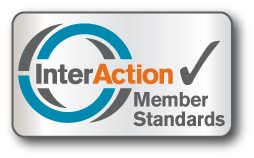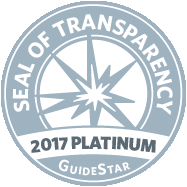Investing in Women: WEEMA Celebrates International Women's Day!
WEEMA celebrates women on International Women's Day this Friday, March 8th just like we do every day: by investing in women as agents of change. We recognize that creating opportunity for women is beneficial to everyone; when women succeed, they improve the lives of their families and their communities.
Here's a glimpse at how WEEMA invests in women:
Water for Women
Water needs are what inspired WEEMA's founding, and at the heart of the story is water as a woman's issue. The arduous journey to fetch water from water points to households often falls upon women and can eat up hours of each day, interfering with women and girls' time, and girls' ability to attend school. By constructing accessible water points that bring clean, fresh water to communities, WEEMA is helping more girls go to school.
Discover the story of Alemitu, a woman living outside of Mudula who would make the two-hour trip to get water for cooking, washing and drinking twice daily before WEEMA built the Farsuma water point. “Now I can get water any time to wash clothes, clean my house and bathe my children.”
Safe Pregnancy and Deliveries
WEEMA sponsored the education of five midwives at Hamlin College of Midwifery from 2011-2017. These midwives provided high levels of care to pregnant women in rural health centers and trained other health workers at the posts to spread best practices for keeping pregnant women and babies safe.
WEEMA’s Self Help Groups
WEEMA has helped to found and now helps facilitate 112 Women's Self with 2,073 women in rural Ethiopia. Each Self Help Group consists of 20 women and meets weekly to save money together, make loans for business and personal expenses, to share experiences, provide social support to each other.
Keeping Girls in School
WEEMA works, through comprehensive education, to break the stigma of menstruation and provides sanitary pads for girls to continue attending school when they are menstruating. Under this program, WEEMA recently distributed 450 resuable pads to girls in Samura Primary School and have donated an additional 150 for future distribution.
Economic Opportunity
Beekeeping is a profitable industry in Ethiopia, one that has traditionally been considered exclusively a male career path. WEEMA beekeeping training and initiatives have made beekeeping much more accessible and currently 50 of our 135 beekeepers are women.








